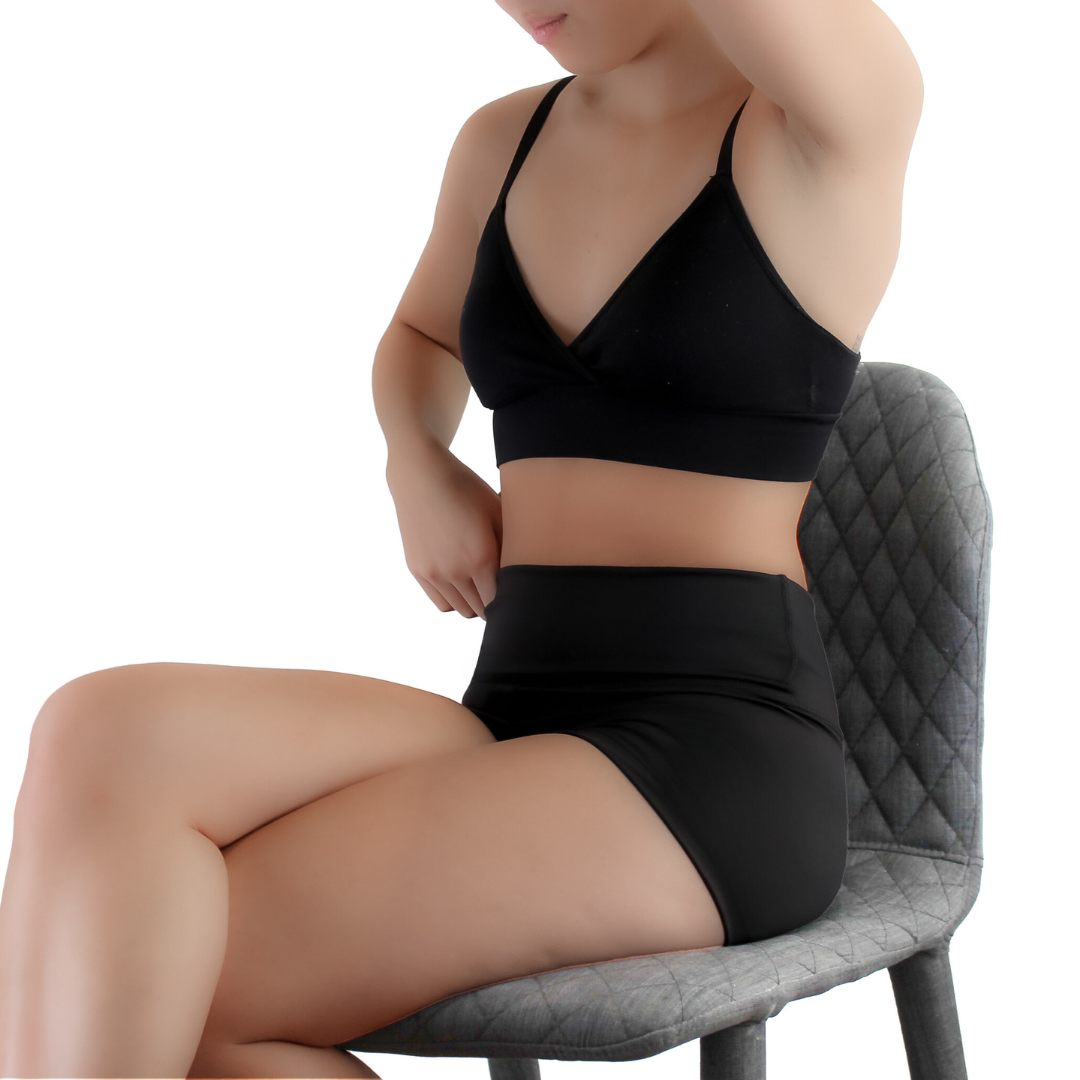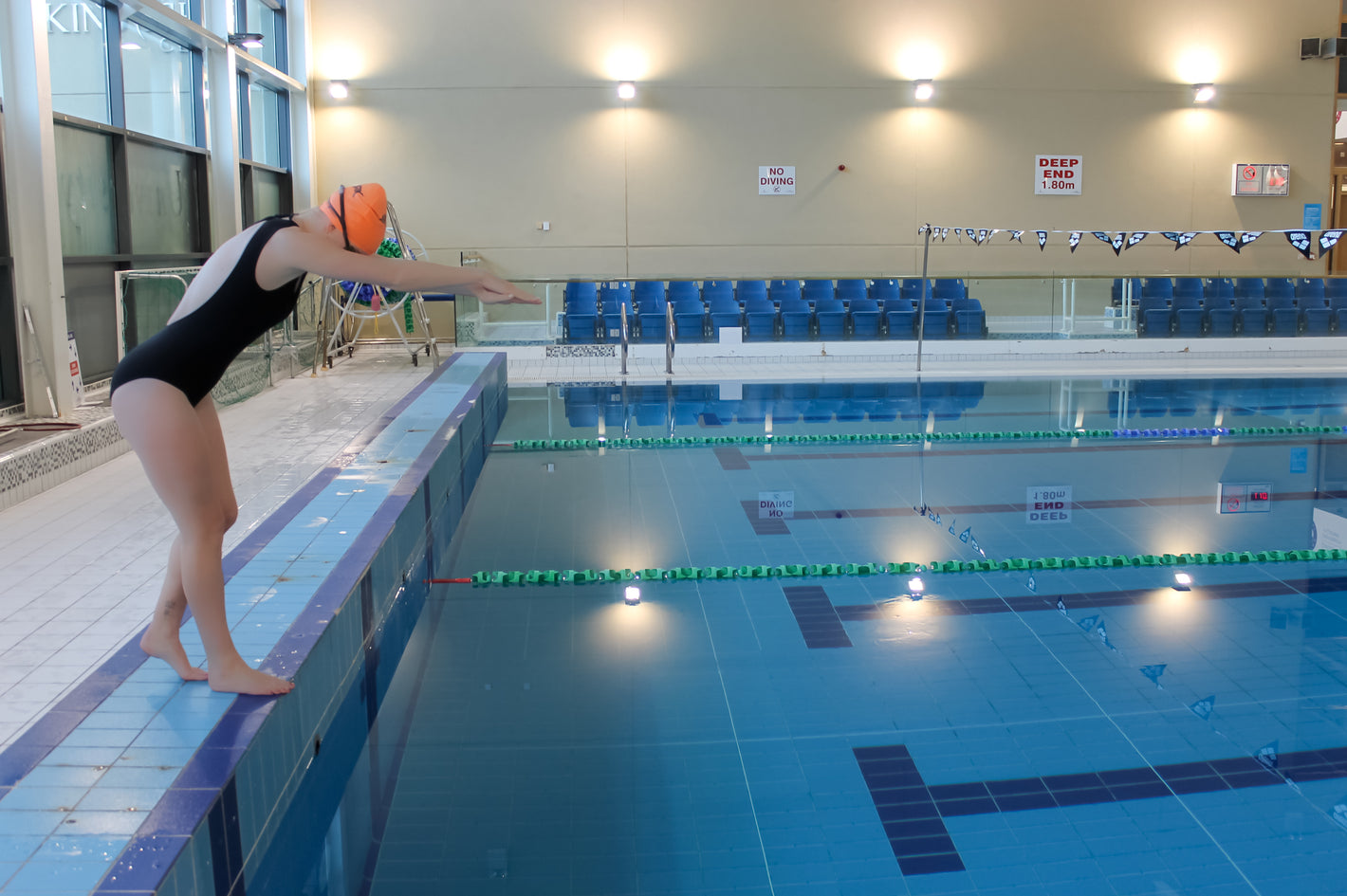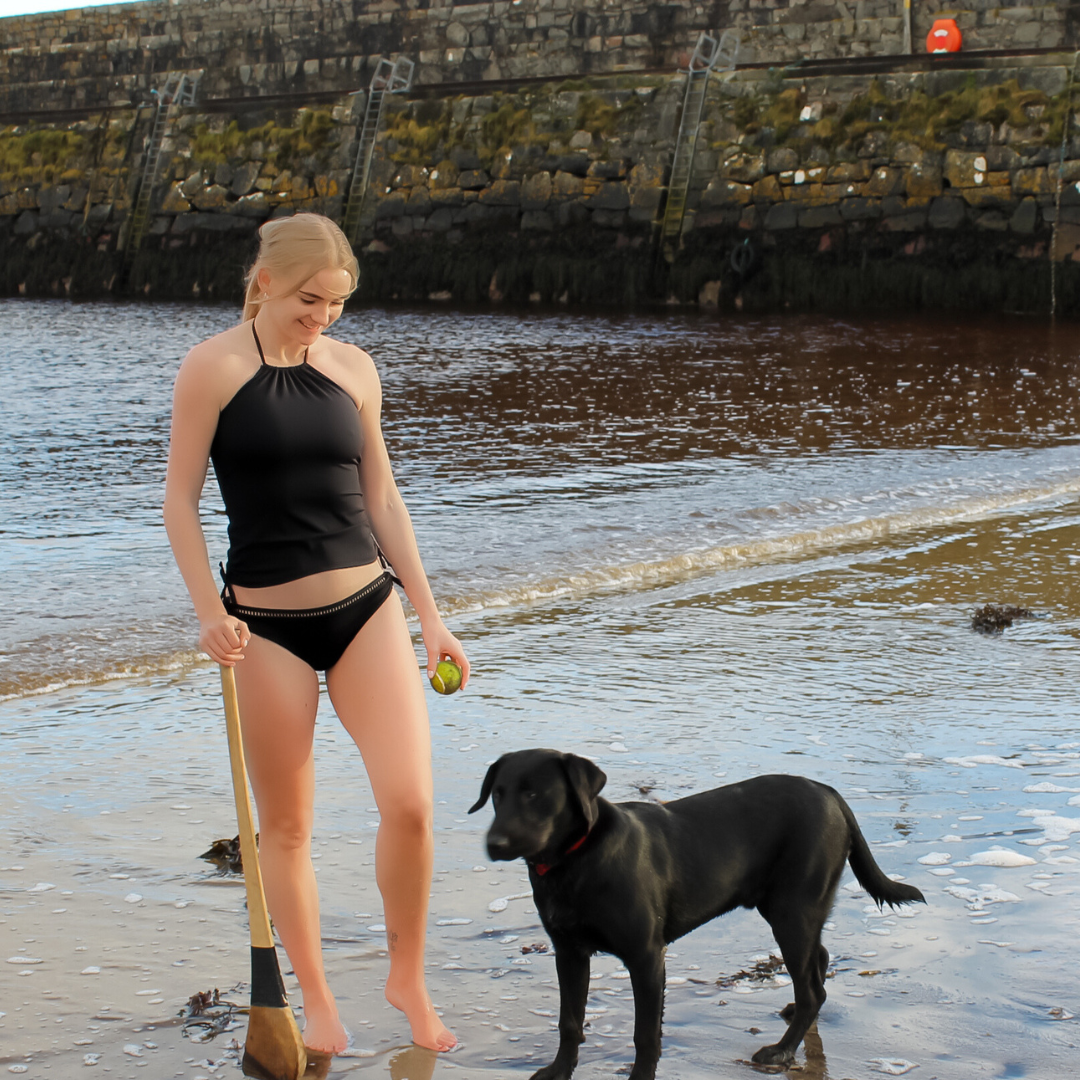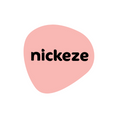The story of 'Buttoned up' as told by Ellie Loftus Founder of Nickeze
Buttoned Up Initiative for Menstrual Hygiene Day on the 28th of May 2024
In the small town of Deelvale, lives 3 young girls called Ally, Rose, and Lizzie. One day while exploring an antique shop, they stumbled upon an old wooden box filled with colourful buttons. They felt that these were no ordinary buttons, that they had, in fact, magical properties. They decided to buy one each. As the day’s went on, the girls started to notice that good things started to happen for them. Ally’s grades started to improve, Rose played her best camogie match yet, and Lizzie’s button seem to guide her to make new and stronger friendships. The girls soon realised that there were extraordinary powers within these buttons and decided to use them wisely. They decided that the buttons would become something more profound than mere clothes fasteners.
Inspired by the idea of breaking free from the silence and embarrassment associated with periods, the girls decided to turn the simple buttons into a symbol of empowerment. They began by wearing the colourful button on their uniforms or on their pencil case, a small, but significant declaration that they embraced their natural cycle, and refused to let it be a reason not to do what they enjoyed every day.
Word spread quickly through the hallways of Deelvale school, and soon other girls joined the movement. The simple button became a silent beacon of support and the once muted topic of period health started to gain a voice. The girls organised a club called ‘Buttoned Up’, aiming to educate their peers about period health, breaking down stereotypes and promoting self confidence among young girls. The movement gained momentum beyond the school walls. Local businesses, communities and politicians rallied behind the cause, proudly wearing buttons to show solidarity. The girls even hosted workshops, inviting health professionals to share knowledge and dispel myths about periods.
As the symbol of the button spread, so did the courage of the girls of Deelvale. They found strength in each other, realising that by embracing their bodies and supporting one another, they could challenge societal norms. The once 'buttoned up' whispers in the school corridors transformed into open conversations, creating an environment where girls felt empowered rather than embarrassed by their period and their changing bodies. Deelvale became a symbol of change, and other communities took notice.
The ‘Buttoned Up’ movement inspired a broader dialogue about period health and empowerment of girls nationwide, encouraging them to break free from the stigma that had shackled them for far too long. The girls realised along the way, that the magic they thought were in the buttons, was in fact magic that lay inside themselves all along, and that magic strengthened every time they held each other high, and the bands of friendship that they built along the way. Their 'buttoned up campaign' became part of National Menstrual Hygiene Day, where everyone wore the button as a symbol of breaking taboos for girls and raising awareness about the importance of good menstrual health and wellbeing. Many of the girls and teachers continued to wear a coloured button on their jumper or their pencil case long after Menstrual Health Day, as a discreet symbol that they had period supplies, should another girl need them or if a period arrived unexpectedly while at school.
In the end, a simple button had become a catalyst for a powerful movement, reminding everyone that empowering girls and encouraging them to embrace their natural selves could create ripples of positive change far beyond the small town of Deelvale.

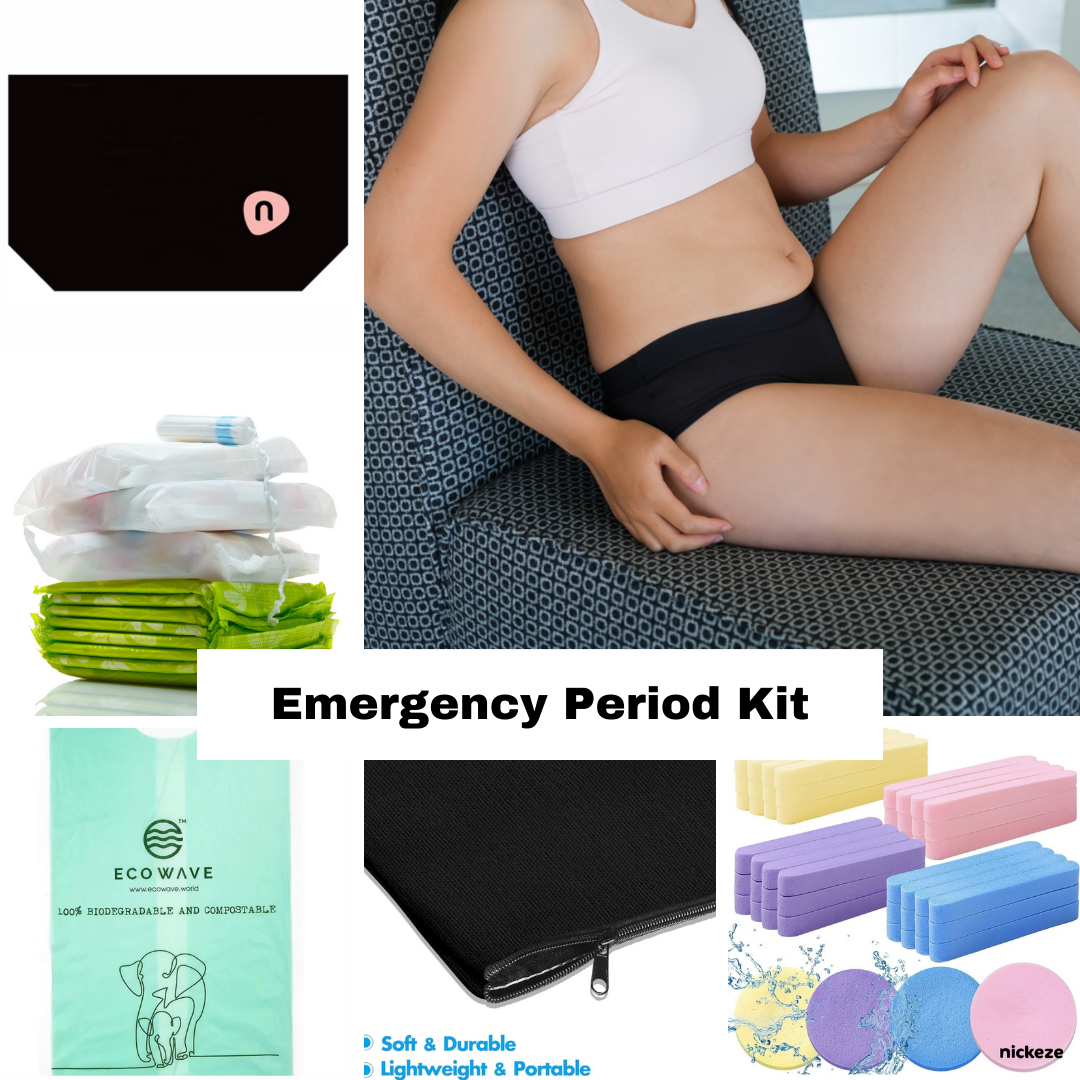 Vendor:Period Kit for School Bags/Handbags/Sports Bags XS-2XLNickeze
Vendor:Period Kit for School Bags/Handbags/Sports Bags XS-2XLNickeze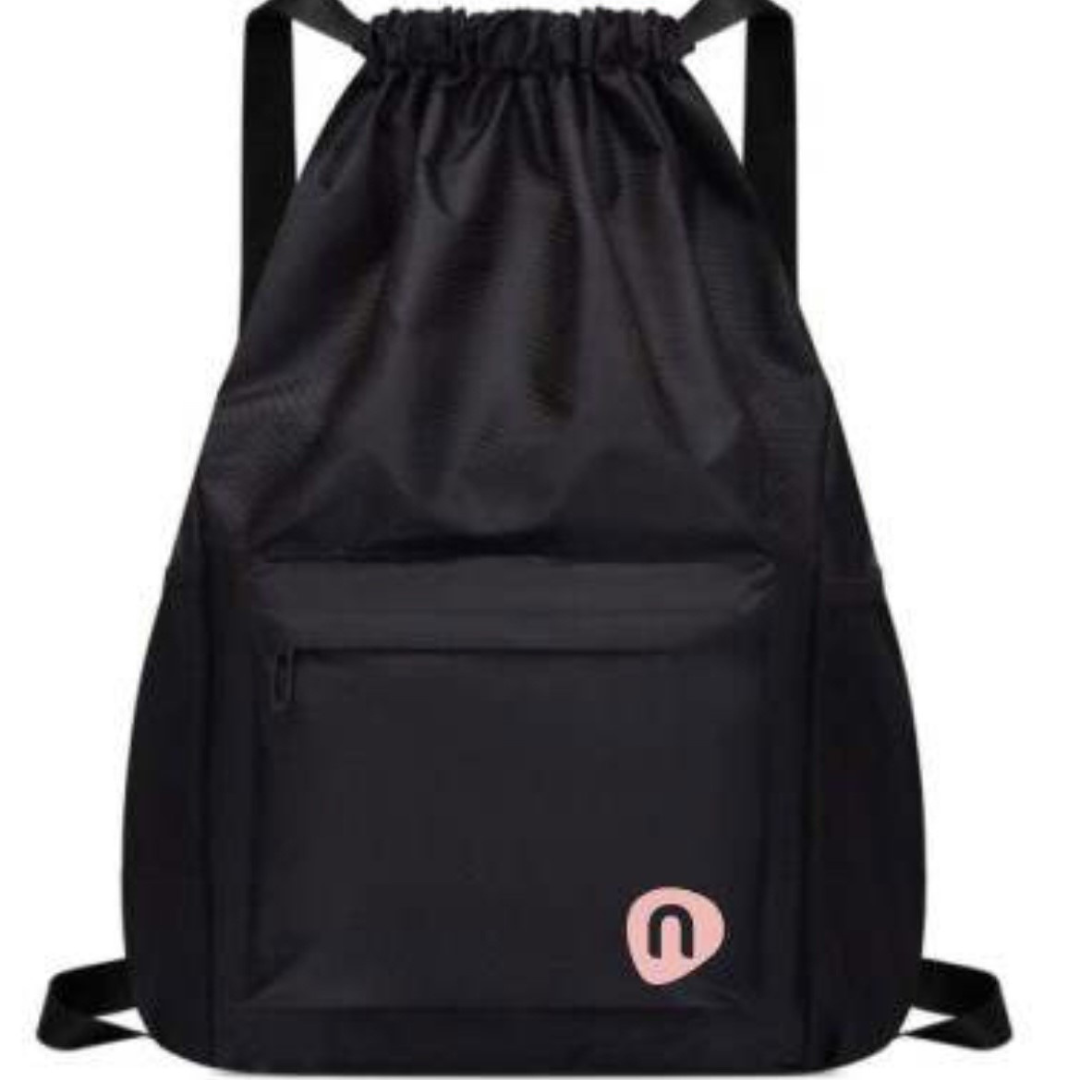
 Vendor:Period Kit for Schools/Sports ClubsNickeze
Vendor:Period Kit for Schools/Sports ClubsNickeze